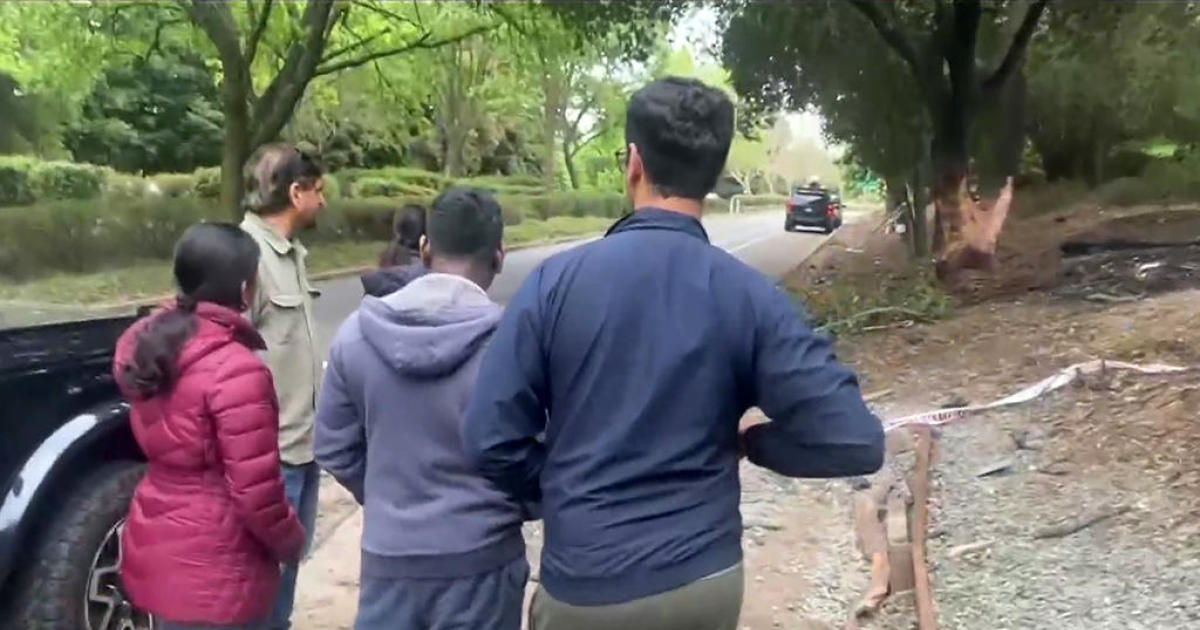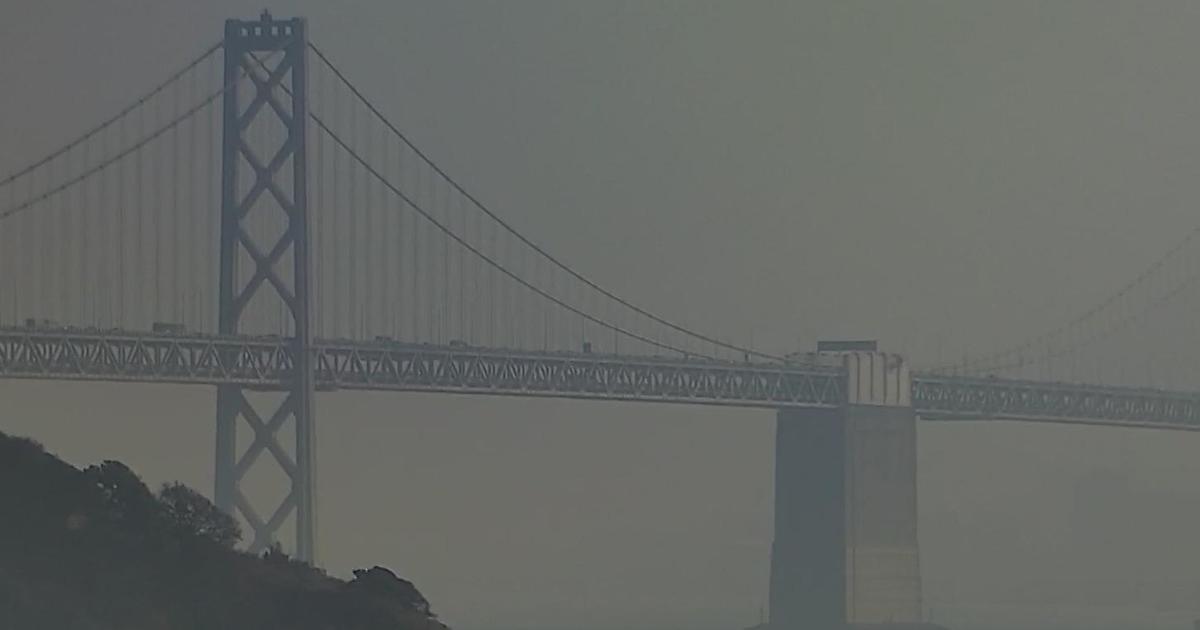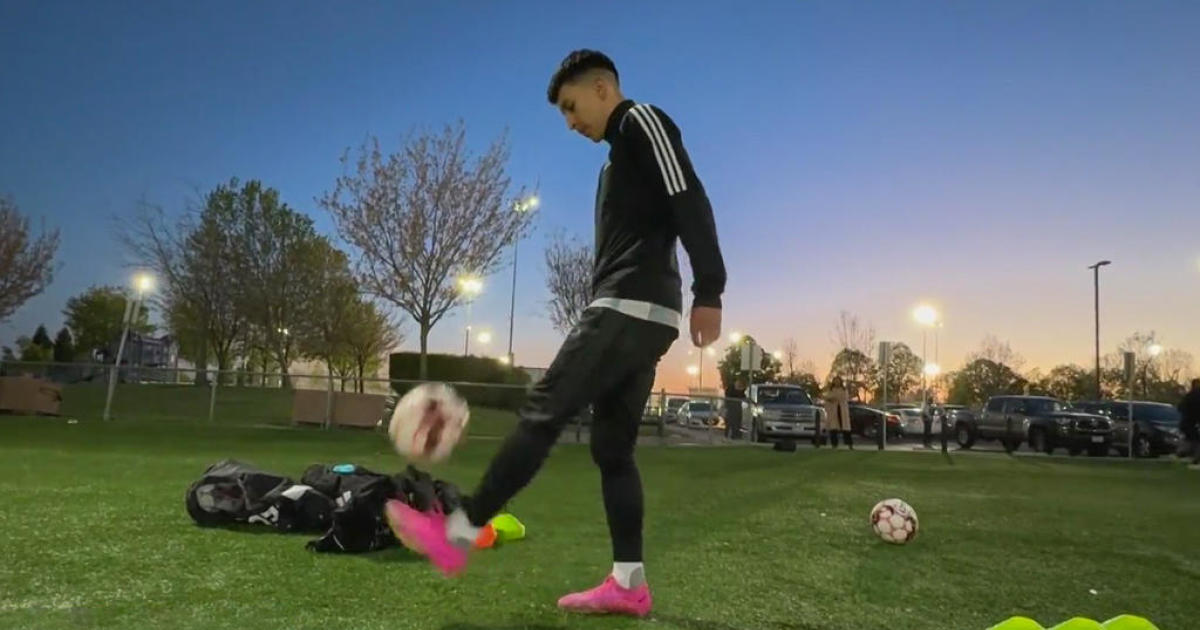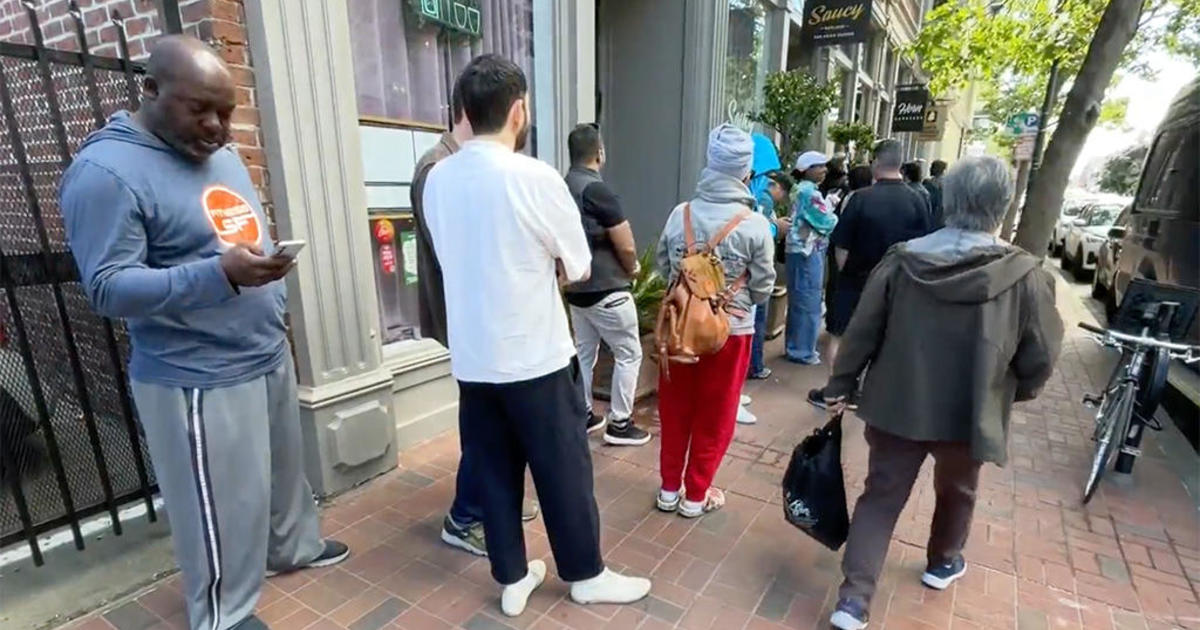Enzyme Could Someday Eradicate Plastic Pollution In World's Oceans
SAUSALITO (KPIX) -- A small enzyme could be the solution to plastic pollution, one of the planet's biggest environmental problems.
Millions of metric tons of plastics wind up in the ocean each year. It has many negative effects on wildlife here in the Bay Area are
Adam Ratner is a manager at the Marin Mammal Center in Sausalito.
"All of the nets you see hanging behind me come from the inside of the sperm whale's stomach," he says. "You start to see the issue of nets"
Ratner points at several plastic nets taken from inside a 51-foot long whale that washed ashore Tomales Bay in Point Reyes National Seashore.
The whale died after ingesting 450 pounds of ocean trash.
The Marine Mammal Center wants to bring awareness to all the plastic pollution in the Pacific Ocean with what they call, "the ghost net monster."
They say they treat 10 to 20 animals every year who are either injured or ingest ocean garbage.
"Whether it's a sea lion we have at a hospital named Tyrell that had a plastic packing strap around its neck, or animals that have ingested balloons -- unfortunately we do see this in the Bay Area," says Ratner.
Researchers at the University of Portsmouth in Great Britain believe they have come up with a solution.
They figured out a way for a natural enzyme to digest the strong plastic commonly used in bottles.
"What's really special about this enzyme is that it digests something man made," says Professor John McGeehan.
Magnified images sped up show the enzyme breaking down the plastic into its two key ingredients.
"Most enzymes are digesting grass stains and clothing," says McGeehan. "But this material has only existed for 50 years so to have an enzyme involves eats this man-made material is really stunning."
It usually takes decades, if not centuries, for plastic bottles to break down.
With the enzyme, the process takes just a few days.
But environmentalists say there's still a long way to go since the enzyme only works on one type of plastic.
Scientists are now working to improve the enzyme so that it works on a large scale.



